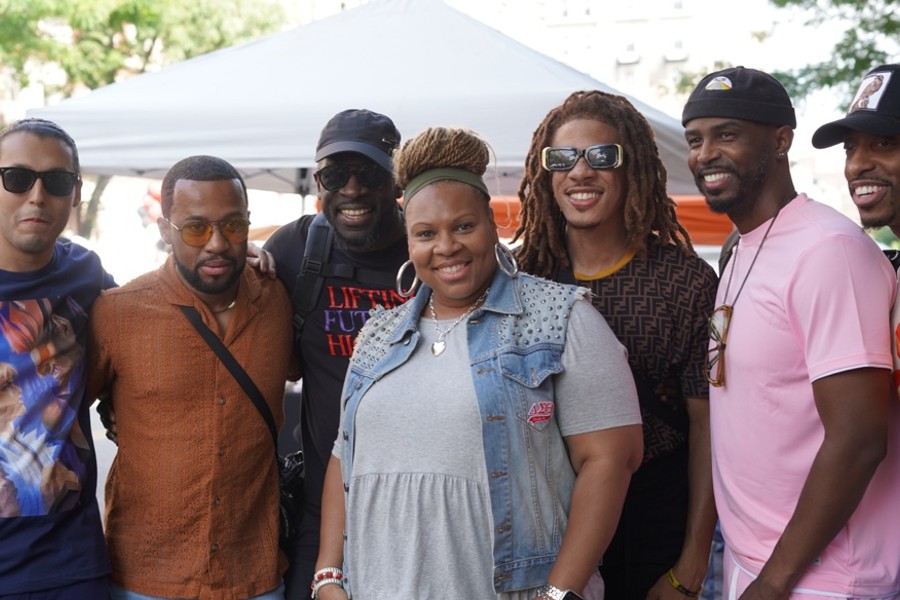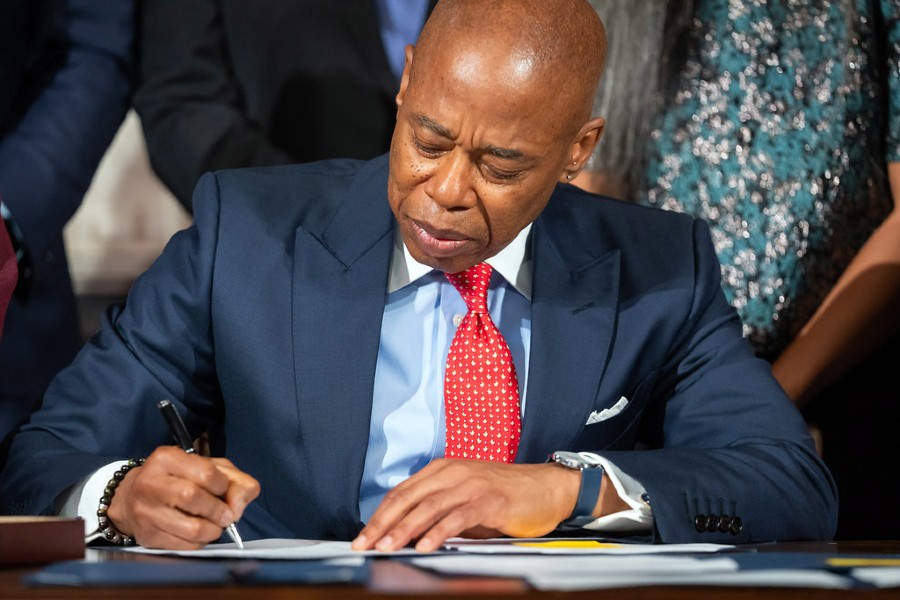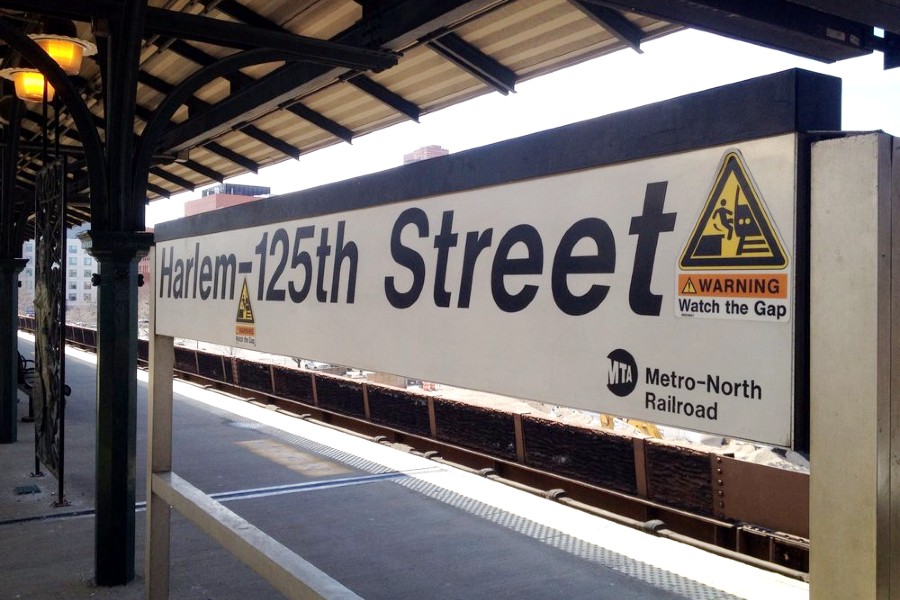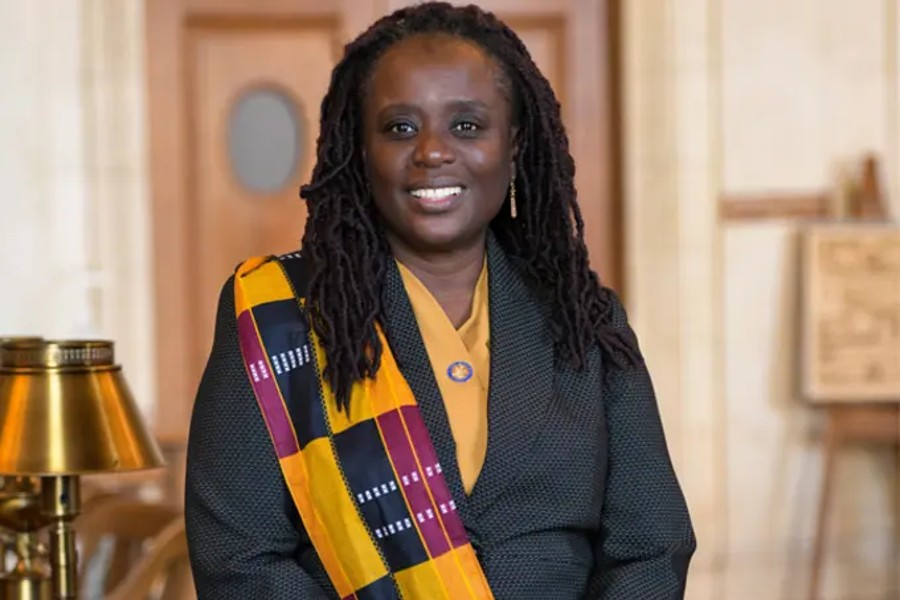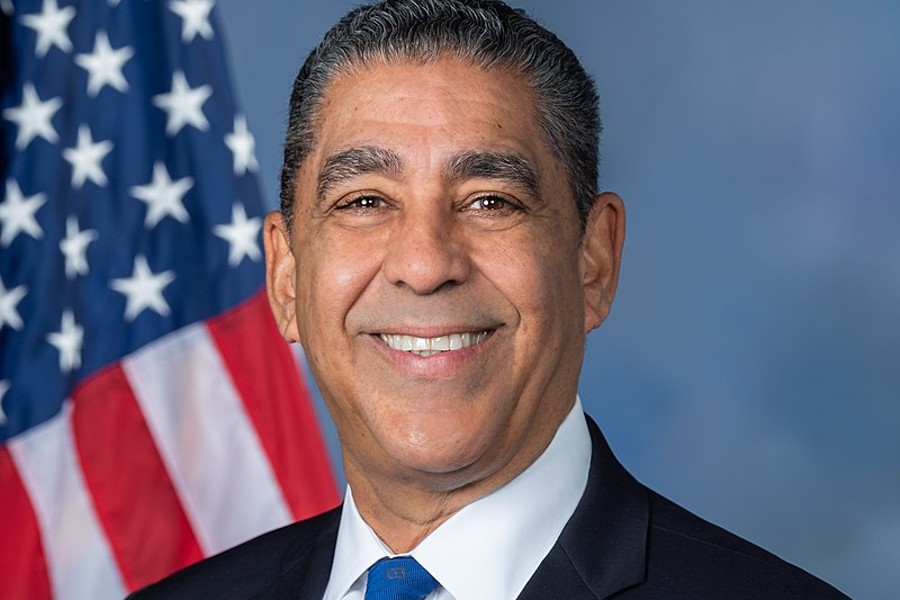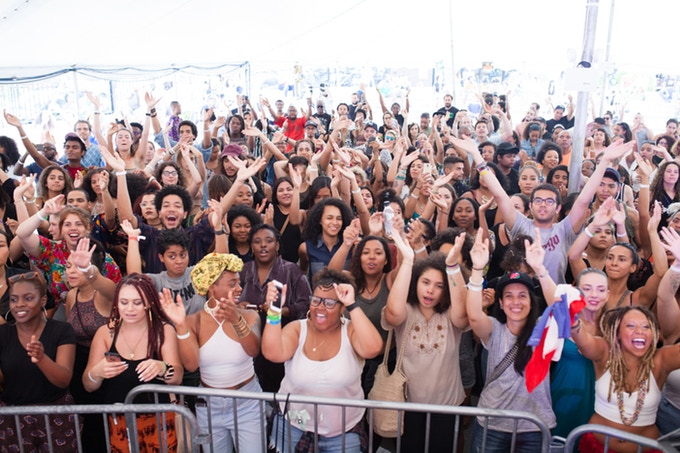 A new nationwide poll of Latinos in the United States released today by SOMOS US, UnidosUS and Latino Decisions found that 66% of Latinos would vote for former Vice President Joe Biden compared to 24% for President Donald Trump. The poll, which was conducted between August 7 and August 15, 20202, also found that Latinos are increasingly blaming Trump for his handling of the COVID-19 pandemic. Poll deck and results can be found here; this poll shows significant movement from May of this year, as the Latino community continues to be doubly-impacted by COVID-19 which has surged in Latino-rich swing states in the Sun Belt
A new nationwide poll of Latinos in the United States released today by SOMOS US, UnidosUS and Latino Decisions found that 66% of Latinos would vote for former Vice President Joe Biden compared to 24% for President Donald Trump. The poll, which was conducted between August 7 and August 15, 20202, also found that Latinos are increasingly blaming Trump for his handling of the COVID-19 pandemic. Poll deck and results can be found here; this poll shows significant movement from May of this year, as the Latino community continues to be doubly-impacted by COVID-19 which has surged in Latino-rich swing states in the Sun Belt
“This poll is a roadmap to victory – and shows that the community sees Biden/Harris as having our backs on the issues that keep us up at night,” said Henry R. Munoz III, SOMOS US Co-founder and Founder of Momento Latino, a new coalition of Latino activists, artists, leaders, and nonprofits. “And the current administration is now seeing what happens when you ignore the people’s concerns and cries for support.
“This is the third time we have done this type of poll, and each time we have sounded the alarm that Latinos in America are being left behind and it is costing lives and livelihoods. And every time, we have found that healthcare is the chief issue for Latino voters so it’s no surprise that they are moving their support behind the candidate that has a history of expanding it for their communities. Latinos will be the margin of victory this year – and victory goes through the states in this poll, and on the issues in this poll.”
More than 80% worry about the safety of both children and staff returning to a school facility in person. Nearly 8 in 10 are worried that their kids are falling behind academically due to distance learning, and 84% said their school had yet to provide technological assistance. Remote learning isn’t an option for many Latinos either. When polled, 38% said that there weren’t enough computers in the home for their children to use for online schooling and 36% said that there wouldn’t be an adult in the home to supervise.
The poll found that the disparate impact Latinos are experiencing on the economic and health fronts also extends to the education arena. Latino households are concerned about the back-to-school plans they have been presented with. More than 80% worry about the safety of both children and staff returning to a school facility in person. Nearly 8 in 10 are worried that their kids are falling behind academically due to distance learning, and 84% said their school had yet to provide technical assistance. Remote learning isn’t an option for many Latinos either. When polled, 38% said that there weren’t enough computers in the home for their children to use for online schooling and 36% said that there wouldn’t be an adult in the home to supervise.
…And as the parties head into their conventions, 64% of registered Latino voters said they have not heard from parties or candidates. Equitable relief, and meaningful outreach, must happen immediately.”
“’ Disproportionate” is the defining word for what Latinos are experiencing. We are overrepresented among essential workers helping America survive the pandemic, yet being left out of health and economic relief while a disproportionate number in our community are getting sick and dying,” said Janet Murguia, President and CEO of UnidosUS. “As the school year begins, eight in ten respondents said their children’s schools are not providing technological assistance, and need to provide basic information about their children’s progress. And as the parties head into their conventions, 64% of registered Latino voters said they have not heard from parties or candidates. Equitable relief, and meaningful outreach, must happen immediately.”
Latino disapproval of the President’s handling of the pandemic is intensifying: 70% disapprove up from 56% disapproval in May. On a scale of 1-10, Trump’s trust level has fallen from 3.3 to 3.1 since May.
Latino disapproval of the President’s handling of the pandemic is intensifying: 70% disapprove up from 56% disapproval in May. On a scale of 1-10, Trump’s trust level has fallen from 3.3 to 3.1 since May. The poll found that fully half of all Latinos have lost income due to pay cuts, job loss, and/or having to close a business they own.
Today, 69% of Latino registered voters say they are certain to vote, compared with 62% in May. Yet, 64% of Latino registered voters have not been contacted by either party, candidates or civic groups about registering or voting this November.
Today, 69% of Latino registered voters say they are certain to vote, compared with 62% in May. Yet, 64% of Latino registered voters have not been contacted by either party, candidates or civic groups about registering or voting this November.
“As the coronavirus pandemic has dragged on, Latino voters are connecting the crisis back to President Trump. Latinos now clearly blame Trump’s delays and mismanagement for making the crisis worse and this is going to have a big effect at the ballot box this November,” said Gary Segura, Ph.D., Latino Decisions Co-Founder and Senior Partner. “Latinos are uniquely impacted by school reopenings and have been put in a no win situation. They are terrified that sending their kids in person will result in contracting and spreading coronavirus. At the same time, online schooling from home is an enormous challenge due to the digital divide, and parents who are essential workers and not able to stay at home to supervise their young children means kids may be home alone trying to connect to their virtual classroom with no assistance.”
Biden leads in double-digits with Latinos in key battleground states:
- Arizona: 63% Biden – 29% Trump
- Colorado: 71% Biden – 21% Trump
- Florida: 55% Biden – 41% Trump
- North Carolina: 61% Biden – 24% Trump
- Pennsylvania: 59% Biden – 28% Trump
In Texas, Biden leads Trump 66% to 21%. In both the New York/NJ area and California, Biden has 70% support of Latinos.
About the poll: On behalf of Somos and UnidosUS, Latino Decisions interviewed n=1,842 Latino adults nationwide from August 7 – 15, 2020. Respondents answered questions on their cell phone or landline with live callers, or via online self-responses through text or email invitations. Respondents were all randomly selected and lists deduped so each respondent only had one opportunity to be included. The invitation and survey were both available in English or Spanish, and overall, 36% of respondents answered in Spanish. Final data were compared to the Census ACS most recent estimates for Latino adults nationwide and weights were included to balance demographics for age, gender, education and region. Overall, the full sample contains a margin of error of +/- 2.3%. Some questions were just asked of registered voters (n=1,488) which contains a margin of error of +/- 2.5%. State oversamples averaged approximately 240 respondents and have a margin of error of +/- 6.3%.
SOMOS and SOMOS US form the foundation of an innovative, value-based care network of over 2,500 diverse physicians and health care providers serving nearly 1 million people in New York City.
SOMOS and SOMOS US form the foundation of an innovative, value-based care network of over 2,500 diverse physicians and health care providers serving nearly 1 million people in New York City. SOMOS has created a new model of quality healthcare on behalf of the most underserved communities of the United States, a model based on cultural competency, increased access and the ability of community-based medicine to successfully address the social determinants of health. SOMOS is the shared vision of Dr. Ramon Tallaj and Henry R. Muñoz, III, a doctor and a designer, working together to create institutional change.
This year, SOMOS doctors and healthcare workers have been on the front lines of the COVID-19 crisis since our Latino and Asian doctors working in the neighborhoods of New York saw the escalating illness and mortality rates in the inner city. SOMOS established over 60 trilingual testing sites, in New York, Florida, Texas and Georgia, and is providing treatment, health education and millions of meals to those who need care the most. SOMOS commissioned the first national polling data on the impact of this pandemic on the health, economic and educational wellbeing of the Latino Community in the United States.
UnidosUS, previously known as NCLR (National Council of La Raza), is the nation’s largest Hispanic civil rights and advocacy organization. Through its unique combination of expert research, advocacy, programs, and an Affiliate Network of nearly 300 community-based organizations across the United States and Puerto Rico, UnidosUS simultaneously challenges the social, economic, and political barriers that affect Latinos at the national and local levels. For more than 50 years, UnidosUS has united communities and different groups seeking common ground through collaboration, and that share a desire to make our country stronger. For more information on UnidosUS, visit www.unidosus.org.
Latino Decisions is the leader in Latino political opinion research. Founded by professors of political science, Dr. Gary M. Segura and Dr. Matt Barreto, it leverages a unique combination of analytical expertise and cultural competencies that are unparalleled in the industry.
Become a Harlem Insider!
By submitting this form, you are consenting to receive marketing emails from: Harlem World Magazine, 2521 1/2 west 42nd street, Los Angeles, CA, 90008, https://www.harlemworldmagazine.com. You can revoke your consent to receive emails at any time by using the SafeUnsubscribe® link, found at the bottom of every email. Emails are serviced by Constant Contact




